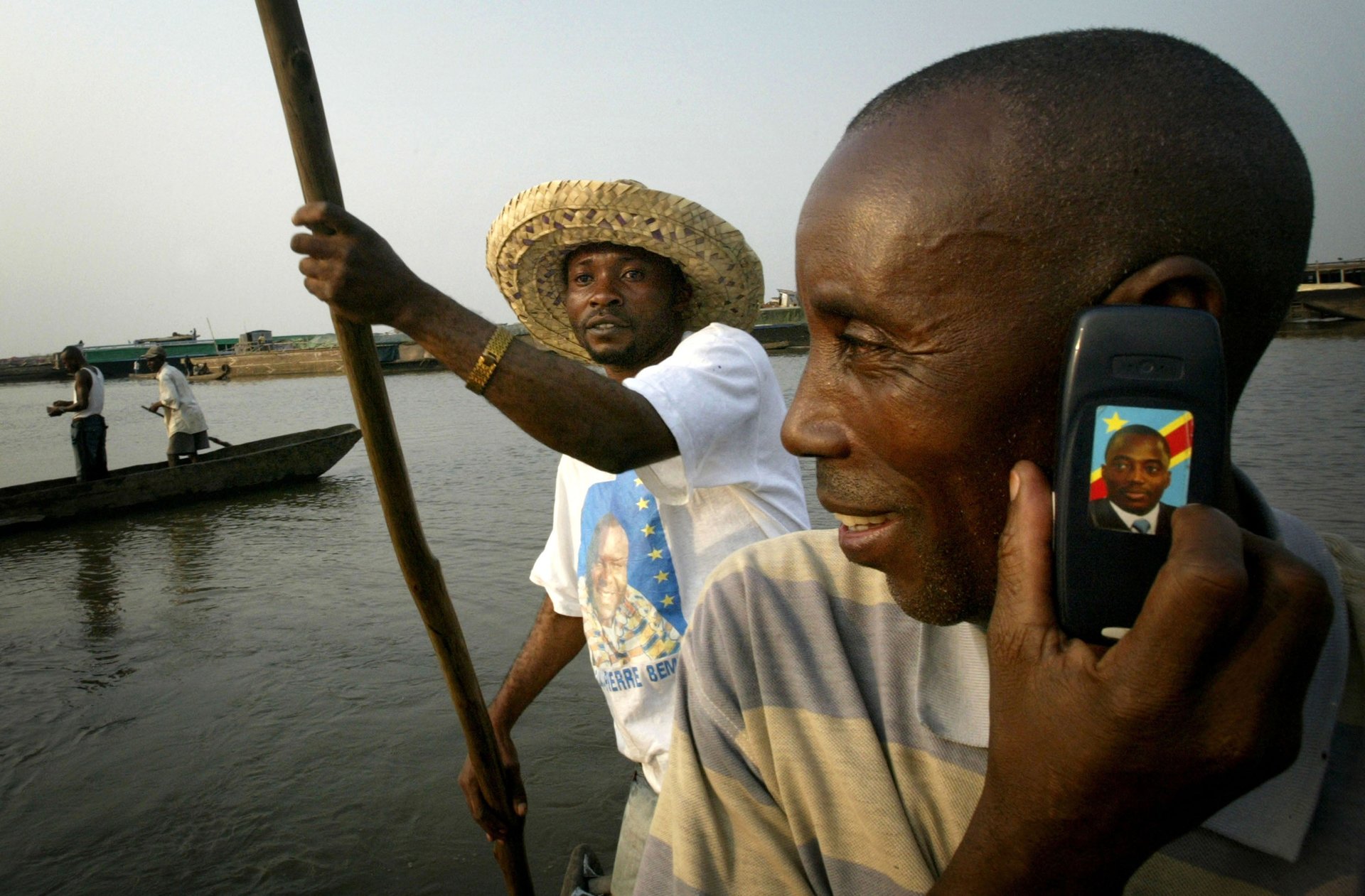Smartphones lost market share to feature phones in Africa last year
Feature phones are making a comeback in Africa. But in truth, they never really went away.


Feature phones are making a comeback in Africa. But in truth, they never really went away.
The market share of feature phones rose to 61% in 2017 from 55.4% in 2016, while market share for smartphones fell to 39% from 44.6%, according to data provided by IDC. The recovery of feature phone growth in Africa was largely dominated by Transsion, the Shenzhen, China-based handset maker of the Itel and Tecno brands which started off its operations in some of Africa’s largest markets.
The growth in feature phones could be partly explained by an expansion of mobile phone markets in large countries like Ethiopia and DR Congo where mobile phone penetration is still low compared with countries like South Africa and Nigeria where more users are upgrading to smartphones. Itel, the leading Transsion brand, saw a rise in market share of its feature phones to 36% in 2017 from 30% in 2016; Tecno experienced a growth to 21% from 17% in 2016.
Although Samsung remains the top standalone smartphone brand in Africa, when Transsion’s three smartphone brands (itel, Tecno and Infinix) are combined the data shows the Chinese handset maker overtook Samsung for the first time in 2017, with a combined 28% market share up from 17%. This compared with Samsung’s 27% market share (slightly down from 29%).
There has long been an expectation smartphones, internet-enabled phones such as Android-based phones and iPhones—would help drive internet usage in emerging markets where the mobile phone is the primary internet access device. But as new users come to the market they are more likely to buy cheaper feature phones at first. Feature phones, also known as basic mobile phones or “dumbphones”, do have some internet access but do not have the range of apps and accessibility. Though some popular apps like WhatsApp work on some basic phones.
Transsion’s growth in Africa has been rapid in the 11 years since it launched, selling more than 80 million phones a year most of which were feature phones. While it has mainly been present in western and eastern Africa, this year it plans to continue expanding in the northern part of the continent, with a focus on Egypt, where local reports say the company aims for its sales to reach 17 million.